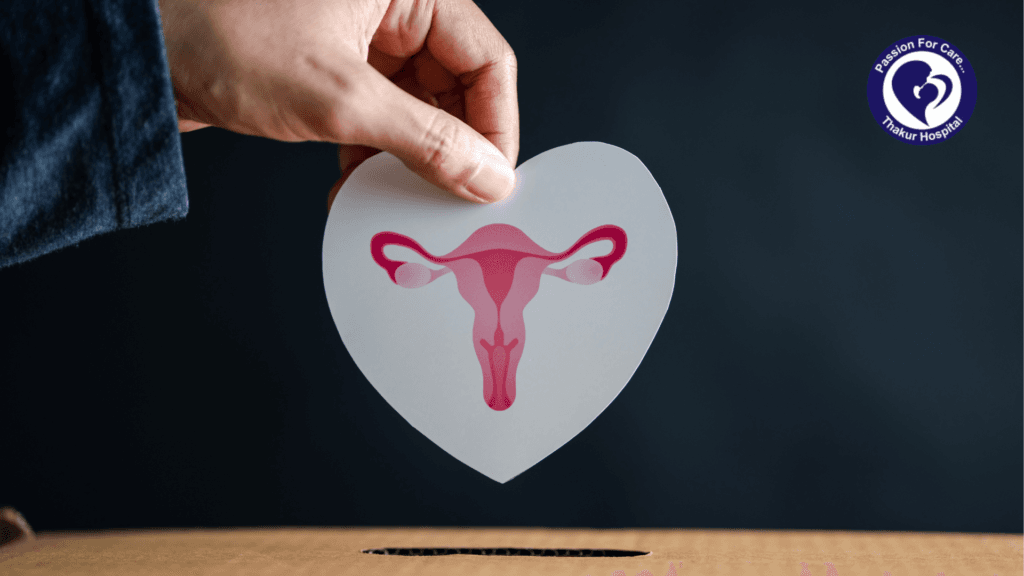Polycystic Ovary Syndrome (PCOS) is a common hormonal disorder that affects women of reproductive age. It can cause irregular periods, excess hair growth, acne, and even fertility issues. Many women are unaware of what PCOS entails and how to manage it. To help, we’ve answered some frequently asked questions about PCOS.
1. What is PCOS?
PCOS is a condition where the ovaries produce an abnormal amount of androgens (male hormones). It can lead to cysts in the ovaries, which may disrupt the regular release of eggs and cause symptoms like irregular periods, acne, and hair growth.
2. What are the symptoms of PCOS?
Common symptoms of PCOS include:
- Irregular or absent periods
- Excess facial and body hair (hirsutism)
- Acne or oily skin
- Weight gain or difficulty losing weight
- Thinning hair or hair loss from the scalp
- Fertility problems
3. How is PCOS diagnosed?
PCOS is usually diagnosed based on symptoms, a physical exam, blood tests to check hormone levels, and an ultrasound to examine the ovaries. If you’re experiencing any PCOS symptoms, it’s essential to consult the best gynecologist in Karnal for an accurate diagnosis and personalized treatment plan.
4. Can PCOS affect fertility?
Yes, PCOS is one of the leading causes of infertility in women. It can interfere with ovulation, making it harder to get pregnant. However, many women with PCOS can conceive with the help of medications or fertility treatments under the guidance of an experienced gynecologist.
5. What treatments are available for PCOS?
The treatment for PCOS varies depending on the symptoms. Options include:
- Lifestyle changes: Weight loss, regular exercise, and a balanced diet can help regulate periods and improve insulin sensitivity.
- Medications: Birth control pills, anti-androgens, and metformin are commonly prescribed to manage symptoms.
- Fertility treatments: If you’re trying to conceive, fertility medications like Clomid or IVF may be recommended.
It’s essential to work closely with a healthcare provider, you can consult with our best gynecologist in Karnal, to find the right treatment for your needs.
6. Can PCOS be cured?
There’s no cure for PCOS, but its symptoms can be managed effectively with lifestyle changes and medications. Early diagnosis and treatment can reduce the risk of complications such as type 2 diabetes and heart disease.
7. Is it possible to prevent PCOS?
There’s no known way to prevent PCOS, but maintaining a healthy lifestyle, including a balanced diet and regular exercise, can help manage symptoms and lower the risk of complications.



